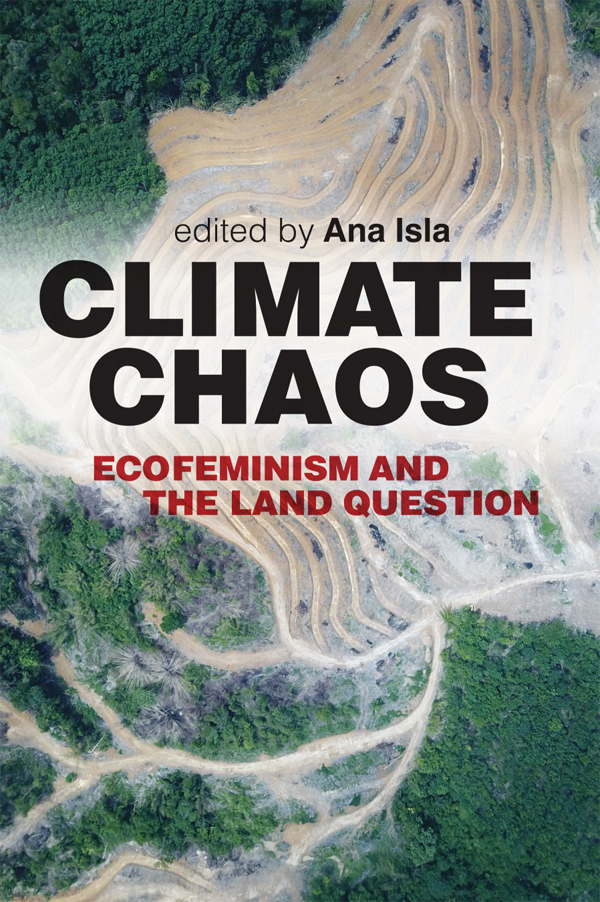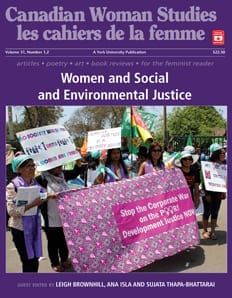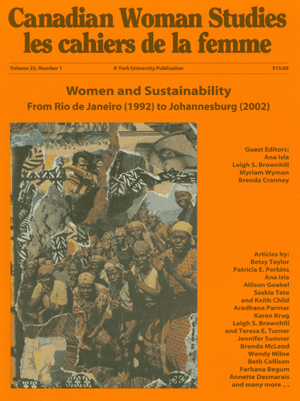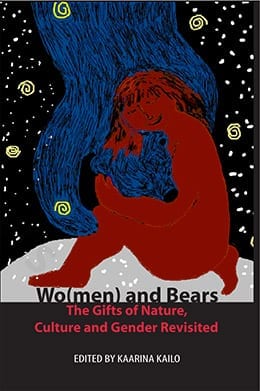Climate change is already under way with unpredictable consequences. Evidence of changes to the earth’s physical, chemical and biological processes is obvious everywhere. Greenhouse gas emissions have increased the carbon cycle concentration in the atmosphere. In the past, half of this carbon was stored in forests, while the other half was removed by oceans, but with deforestation and warming oceans, oxygen is at its lowest breathable point.
Ecological degradation is global and the earth is becoming increasingly inhospitable with unprecedented weather events. The changing temperature has altered the balance of communities and degraded ecosystems. For example, in May 2016, as a result of a drier winter combined with an unusually hot, dry air mass over Northern Alberta, Canada, the temperature climbed to 32.8 °C (91°F) (Daily Data Report) resulting in 49 active wildfires covering an estimated 522,892 hectares. During the summer of 2017, hundreds of wildfires also razed thousands of hectares in the provinces of British Columbia, Manitoba, and Saskatchewan.
More destructive events due to warmer ocean surface temperatures are also taking place. Warmer oceans hold less dissolved gases, including oxygen, which affects marine organisms, particularly mammals. In January 2014, in Peru’s Pacific, more than 400 dolphins washed ashore dead (Foley); similarly, in New Zealand, in February 2017, more than 400 whales had beached themselves to die (Farewell). El Niño, which is a cold, low-salinity ocean current that runs along Ecuador, Peru, and Chile, has been heating and altering weather in all Pacific Rim countries. Each of the El Niño and La Niña cycles in the past twenty years have occurred with increased frequency and violence.
In sum, the latest scientific evidence tell us that we are approaching climate catastrophe: global average temperature is rising, if another decade of business-as-usual fossil fuel emissions continues we can reach 2° C, a dangerous warming threshold.
Climate change deepens ethical issues explored and discussed by ecofeminists around the world. This book describes the academic field of material ecofeminism, provides an overview of the land question, and explores how reigning discourses of “sustainable development” have led to a commodification of nature and have effaced the multiple visions, uses, and relationships of local human communities. The articles in this book are spaces of political projects and values that nurture anticapitalist, antipatriarchal, and anticolonial oppressions. We argue that the centrality of resisting the colonization of Mother Earth and Pachamama is supreme.
“At a time when macho politics are intensifying while the basis of survival for most of humanity is being undermined, ecofeminist readings could not be more important in examining the social causes and chaotic consequences of a most pressing and globally destructive process that is capitalism-induced: accelerated climate change. In this edited volume, activist intellectuals from many backgrounds methodically expose the structural intersection of diverse forms of oppression (social as well as beyond) that characterize an always profoundly patriarchal, racist, heteronormative capitalist world disorder that produces the current manifold global predicament. This systematic ecofeminist analysis of the linkage between climate change and intersecting oppressions is long overdue. This is not only because it facilitates a holistic understanding of climate change that continues to be largely omitted in the mainstream and wilfully absent or attacked in re-emergent violent groupings of oppression supporters. This book provides essential guidance to those who take seriously the need to combine social justice with ecologically constructive existence. It re-introduces and further develops immediately practicable alternatives that ecofeminists have been formulating for decades and, as much as feasible, putting into action.”
—Salvatore Engel-Di Mauro, Associate Professor, SUNY New Paltz; Editor, Capitalism Nature Socialism
“In this analytically astute and politically grounded book, American ecofeminism matures beyond academic critique to find its own transnational voice.”
—Ariel Salleh, activist and scholar, co-editor of Pluriverse: The Post-Development Dictionary
“This collection provides a sharp focus on the severe ecological problems of the 21st century. An ecofeminist perspective casts a novel light on the politics of climate change. These politics that have created conditions for the exploitation of people, the oppression of women, and the expropriation and destruction of Indigenous people’s land and bodies. Authors offer an alternative framework to transition to a new world.”
—June Corman, Brock University, St. Catharines








Inanna Admin –
Climate Chaos: Ecofeminism and the Land Question edited by Ana Isla
reviewed by Buried in Print – April 28, 2021
http://www.buriedinprint.com/earth-changes-habit-changes-1-of-4/
Last fall, I started reading Ana Isla’s introduction and the first essay she’s contributed, with the subtitle: “Mother Earth under Threat”: they secured my desire to read on…for those with an interest in social justice, this volume is an excellent resource for current scholarship; each essay is immediately followed by relevant endnotes and references, inviting those with a keen interest on that particular subject to explore further.
There are names I recognize and expect to find here—like Hannah Arendt, Mary Daly, Naomi Klein, Winona LaDuke and Vandana Shiva—but I’ve been introduced to many more activists and scholars too, and I particularly appreciate the global focus on indigenous protectors…